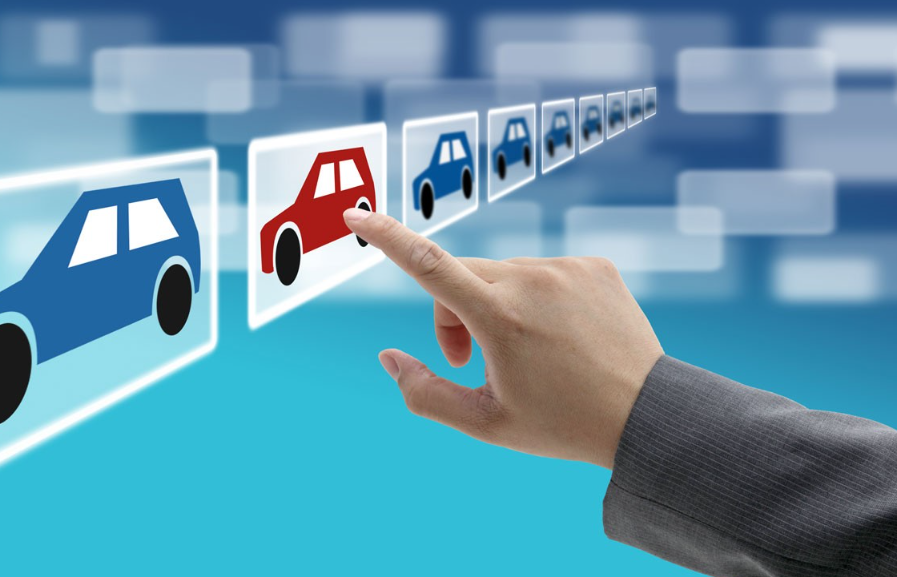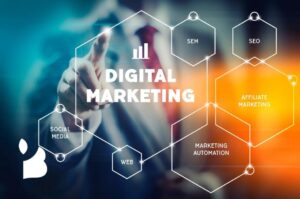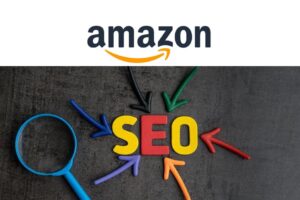
The automotive industry is undergoing a significant transformation, driven by advancements in technology, changing consumer preferences, and the shift toward sustainability. As the industry evolves, so does the way automotive brands market their products. To remain competitive, businesses need to embrace new trends and strategies. In this blog post, we’ll explore the future of automotive marketing based on insights from industry experts.
1. The Rise of Digital Marketing
Digital marketing is becoming the cornerstone of automotive marketing strategies. With more consumers researching and purchasing cars online, brands are shifting their focus to digital platforms. Social media, search engines, and online marketplaces have become vital tools for reaching potential customers.
Experts predict that the role of traditional advertising, such as TV and print, will continue to decline as more car buyers turn to online resources. Digital marketing allows for targeted campaigns, personalized content, and real-time engagement with customers, making it a crucial part of the future of automotive marketing.
2. Embracing Video Content
Video content is becoming increasingly popular in the automotive industry. From virtual test drives to detailed car reviews, video allows brands to showcase their vehicles in a more engaging and interactive way. Industry experts suggest that car buyers are more likely to make purchasing decisions after watching a video about the car they’re interested in.
In the future, brands will need to invest in high-quality video production to keep up with customer demand. Whether it’s through YouTube, social media platforms, or even augmented reality (AR) experiences, video will continue to be a key player in automotive marketing.
3. Personalization is the Key
As consumers expect more tailored experiences, personalization is becoming a significant trend in automotive marketing. With the help of data analytics, brands can offer personalized recommendations, promotions, and content to potential customers. This trend is already evident in how dealerships interact with online shoppers, providing car suggestions based on user behavior and preferences.
According to industry experts, the future of automotive marketing will involve even deeper levels of personalization, including custom-built cars, tailored financing options, and targeted messaging based on individual needs. Personalized marketing not only enhances the customer experience but also increases the likelihood of conversion.
4. Sustainability and Green Marketing
Sustainability is no longer just a buzzword; it’s a priority for many car buyers. With the rise of electric vehicles (EVs) and growing awareness of climate change, the future of automotive marketing will heavily focus on promoting eco-friendly solutions. Consumers are looking for brands that are committed to reducing their environmental impact, and companies that emphasize their green initiatives are more likely to resonate with modern buyers.
Automotive marketing strategies will increasingly highlight sustainability efforts, such as using renewable materials, reducing emissions, and developing innovative electric or hybrid models. This shift reflects the growing demand for environmentally conscious transportation.
5. Omnichannel Marketing for Seamless Experiences
The automotive buying process often spans multiple channels, from online research to in-person visits at dealerships. Experts believe that the future of automotive marketing will require brands to create a seamless omnichannel experience. Customers expect to move effortlessly between digital and physical interactions when buying a car.
This means integrating online and offline channels to provide consistent information, pricing, and customer service. For example, a customer might start by researching cars on a website, book a test drive through a mobile app, and finalize the purchase at a dealership. Ensuring a smooth, integrated experience across all platforms will be critical for automotive brands in the future.
6. Leveraging Artificial Intelligence (AI) and Data Analytics
Artificial intelligence (AI) and data analytics are becoming essential tools for automotive marketers. AI can analyze vast amounts of data to predict customer preferences, improve targeting, and optimize ad campaigns. In the future, AI will play an even larger role in creating personalized and efficient marketing strategies.
Data-driven marketing enables brands to better understand customer behavior and preferences, allowing them to create more relevant and impactful campaigns. From targeted social media ads to personalized emails, leveraging AI and data will allow automotive companies to stay ahead in a competitive market.
Conclusion
The future of automotive marketing is rapidly changing, driven by digital transformation, personalization, sustainability, and advanced technology. Brands that embrace these trends and leverage expert insights will position themselves for success in this evolving landscape. By focusing on digital strategies, video content, personalization, and green marketing, automotive companies can meet the demands of today’s consumers and stay ahead in the competitive market.






